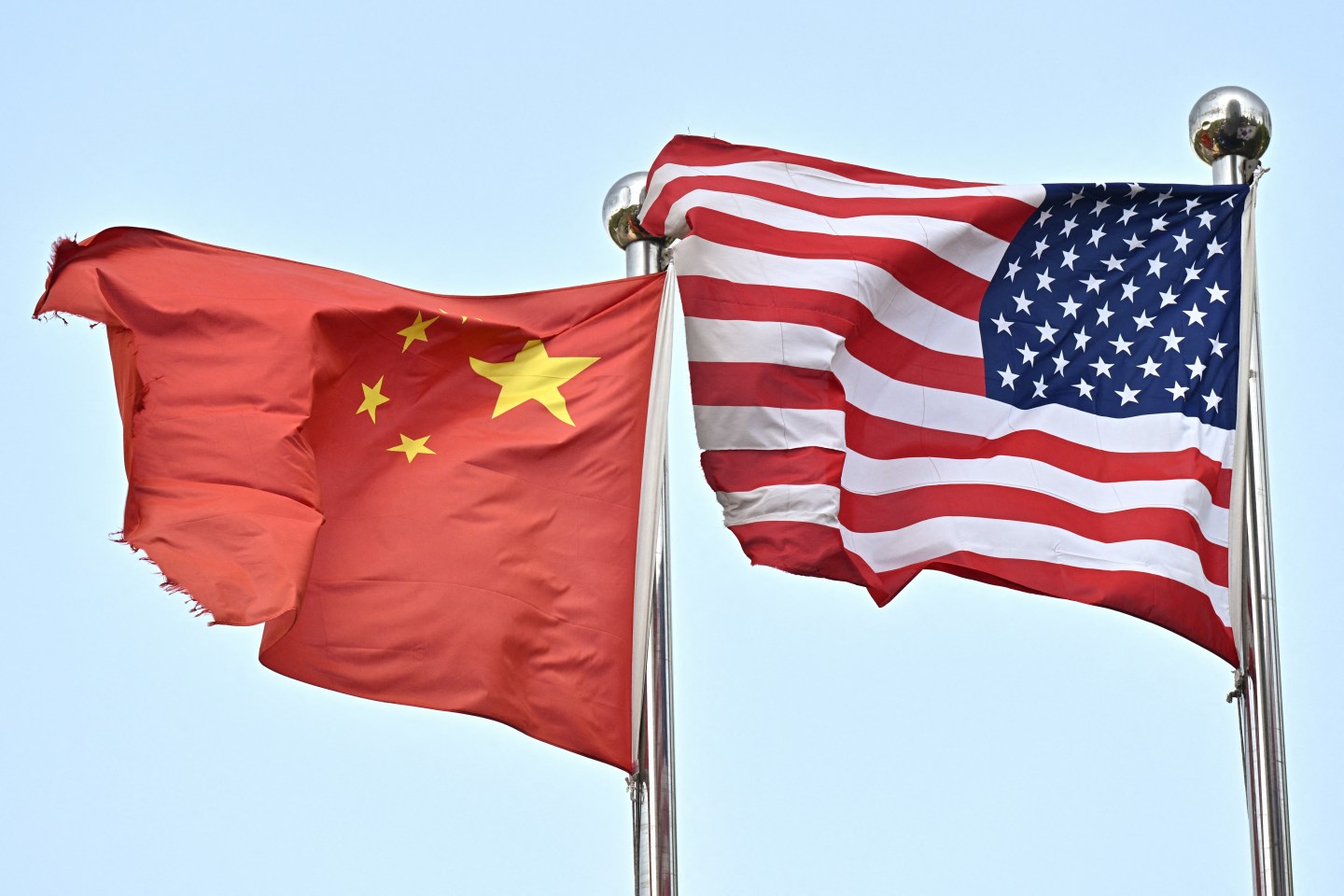This is the web version of raceAhead, Fortune’s daily newsletter on race, culture, and inclusive leadership. To get it delivered daily to your inbox, sign up here.
Here is your week in review, in haiku.
A good idea
it once seemed! So long ago
to make poetry
of headlines, short work
of the news, not to make light
of the times but to
lighten the times. But
when the headlines themselves are
Onionesque — but not
in that “good” way — then
maybe it’s time to say, hey!
Don’t be a tough guy!
Don’t be a fool! Log
off for a bit. It will be
bad when you get back.
Please enjoy your very late (sorry), technologically challenged raceAhead! Have a calm and stress-free weekend.
Ellen McGirt
Ellen.McGirt@fortune.com
@ellmcgirt
On Point
A controversial map in a children’s film incites anger across Asia The film is Abominable, like the snowman, but the inclusion of a map that includes a territorial line marker in the South China Sea is inflaming countries in the region. The "nine-dash" line is disputed in the region, and as a result of the film, Malaysia’s film censors have ordered the scene to be removed, and the Philippines' foreign minister wants the scene to be both removed and boycotted. Abominable, about a Chinese girl and her yeti, was jointly produced by Shanghai-based Pearl Studio and Comcast-owned DreamWorks Animation.
The Guardian
Facial recognition technology can’t identify trans or non-binary people The problem seems to be universal. A recent study from researchers at the University of Colorado Boulder that A.I. tools routinely were unable to identify trans or non-binary people, including tools developed by Amazon, IBM, and Microsoft. While the system was 98% accurate with cisgender people, accuracy fell to 70% for transgender men, while the correct rate of identification for genderqueer or non-binary people was zero. It’s just another data point in a troubling line of revelations. Last winter, a study found that Amazon’s Rekognition tool was one-third as likely to identify darker-skinned women as men.
Quartz
Go Badgers: Madison declares racism a public health crisis Madison, a majority-white city in Wisconsin, has signed onto a resolution declaring racism a public health crisis, joining 32 other Wisconsin organizations. While the statement aims to "advocate for equitable policies and inform [the] public discourse," it’s a move that comes with no solid action to address the crisis—yet. By acknowledging racism as a public health crisis, says Alexander Gee Jr., a community leader and president and founder of the Nehemiah Center for Urban Leadership and Development, "maybe now we’ll take greater measures in addressing the issues."
Channel 3000
On Background
A refresher on the health repercussions of racism It’s well known (or should be) that racism leads to increased levels of stress in people of color, but a recent study shows that genes responsible for inflammation are also more “expressed” in Black people. And inflammation is “one of the major drivers of disease,” says study co-author April Thames. Racism, by “triggering a cascade of aberrant biological responses,” can lead to shorter life spans and a higher likelihood of diseases like hypertension and heart disease. And yet, also due to systemic racism, people of color find it difficult to seek medical help: A survey of 802 black adults found that 32% experienced racism when seeking medical care, and 22% avoided going entirely, for “fear of racial discrimination.”
The Conversation
Letting Havana’s little lights shine
Havana’s heyday included a trove of neon signs, stylized, colorful and festive, which helped define the city’s architecture in the 1950s and 1960s. Expensive to maintain, they were shut off and have been abandoned for decades. One intrepid man, Kadir López Nieves, working with a small but dedicated team, has taken on the job of removing, restoring and replacing the signs, which has turned out to be a bigger project than he first imagined. The work is painstaking and removing the fallow signs from narrow streets can be a chore. But as this short video shows, worth it. Enjoy. The Great Big Story
Tamara El-Waylly helps write and produce raceAhead.
Did someone who cares about you share this newsletter with you? Pay it forward here. Sign up for your own daily RaceAhead here. Find previous columns here.












